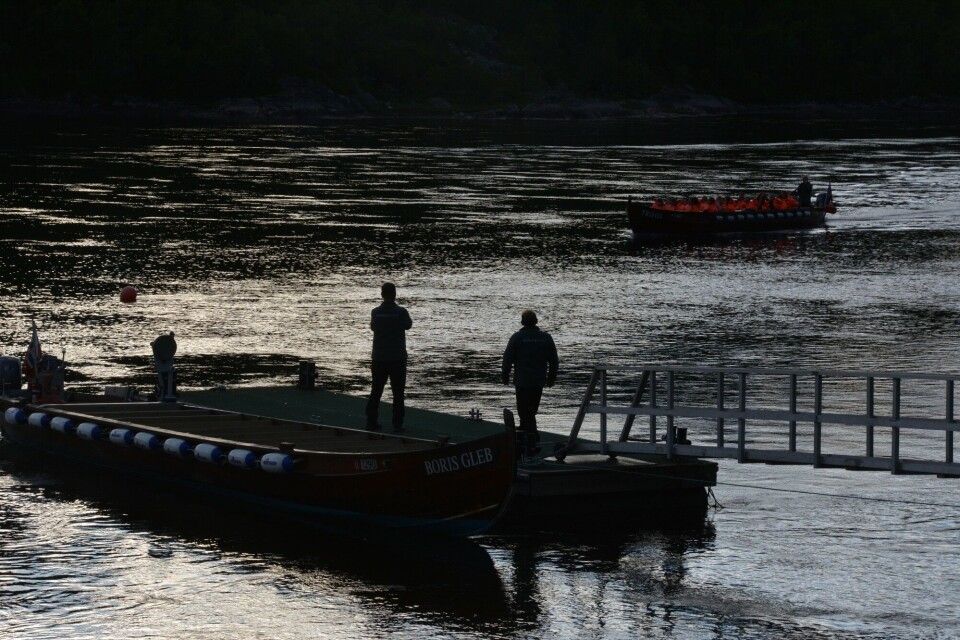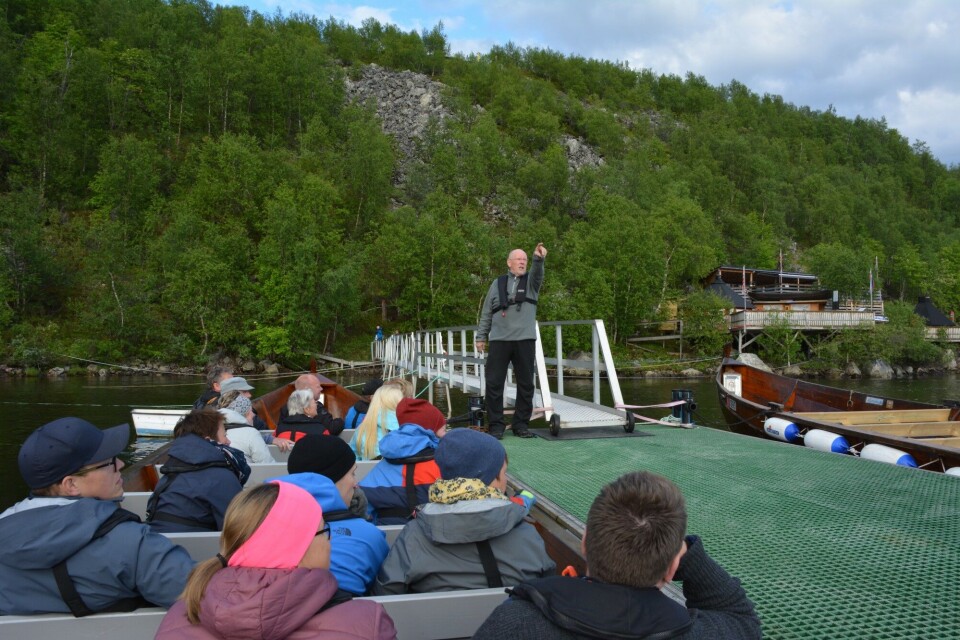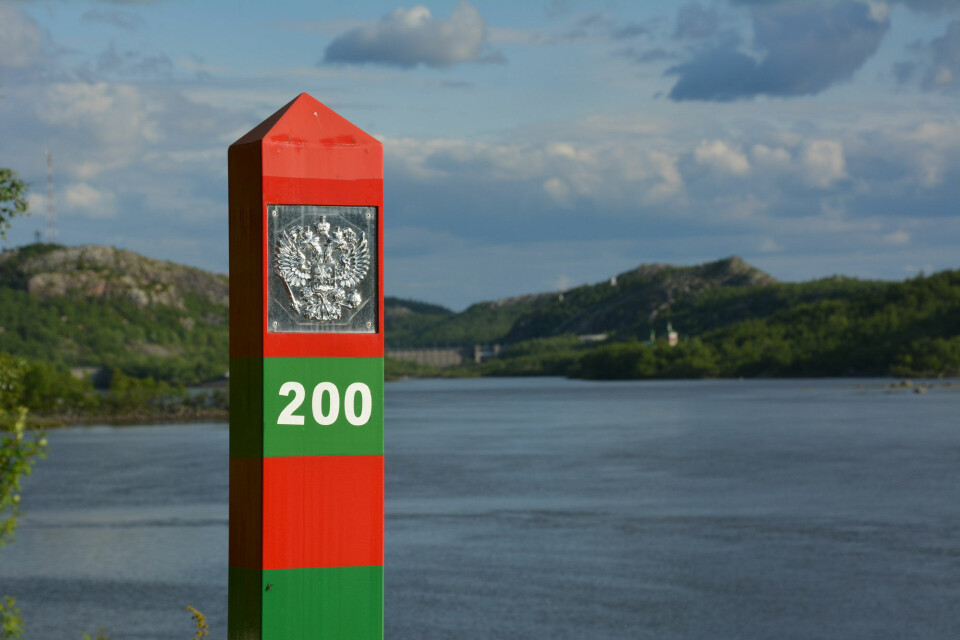When the tourists disappeared, the adventure company opened a bar on the border to Russia
COVID-19 has seriously struck their business, but the tourism developers of the Barents Safari are finding new ways to intrigue visitors. This summer they opened the Boris Gleb Bar on Norway's border to Russia.
Hans Hatle has been doing tourism in the borderland between Norway and Russia for more than 23 years. Together with Nicole, his wife and director of joint company Barents Safari, Hatle every summer offers tours and adventures to the Russian border, located only few kilometers from Kirkenes, the local Norwegian town.
Normally, more than 2,000 tourists in the summer season visit Barents Safari’s compound by the Pasvik River, few meters away from the borderline. In wintertime, the company organizes snowmobile rides and tours to a quickly growing Asian marked.

Unique border
Visitors are offered a taste of local food, including the king crab, and get an introduction to local history. These are lands where Norwegians, Russians, Finns and Sámi people for centuries have interacted and crossed borders.
On the boat ride up the Pasvik River, Hans Hatle tells the story about how Russian Orthodox monk Trifon in the 16th Century hid from enemy warriors in a cave by the river.
“We have a great border history up here that is rather unique in world affairs,” Hatle says
But this year has been very different. Like across the globe, the outbreak of the coronavirus has kept people away traveling, including from the adventures of Barents Safari.

Bar on the border
With tourism in deadlock, the Barents Safari started to look for new ways to offer alternative adventures along the border. Among the new initiatives is the Boris Gleb Bar.
In early summer, Hans and Nicole started to invite guests to the new facility, built as part of their tourism base by the river. Since then, people have been brought by boat for evenings at the border. On the menu are snacks and drinks. Including vodka, of course.
So far, mostly locals have enjoyed the offer, but outside travelers and foreigner might soon join.
Soviet initiative
The new Boris Gleb Bar takes inspiration from the bar opened in 1965 on the Soviet side of the border. That bar appeared after Communist leader Nikita Khrushchev visited the are in the early 1960s. It soon became a great success among local Norwegians that flocked to site for cheap drinks and vodka.
Border crossing for locals was easy and the bar soon became known not only for its cheap alcohol and hefty parties, but also for agent and intelligence activity.
It could not last long and after 59 days of open bar, the Norwegian Justice Ministry took action and closed the border. The bar was subsequently shut. It became one most remarkable curiosities in local post-war border history.
“Now, 55 years later, we have reopened the bar, but this time on the Norwegian side of the border and we will stay open for much more than 59 days,” Hans Hatle underlines.
On the walls in the new bar is pictures on the original Soviet place, as well as artifacts from that period.

Troubled tourism
Hans Hatle and the Barents Safari will hardly be able to return to their regular tourism activities any time soon.
“It is bumpy road, so to say. We have a major drop in guests, we have had 4-5 months without sailing of the Hurtigruten, with the planes grounded and the bus companies at standstill,” he says
Hatle believes the situation now might start to improve a bit.
“But it has been tough,” he underlines.

















